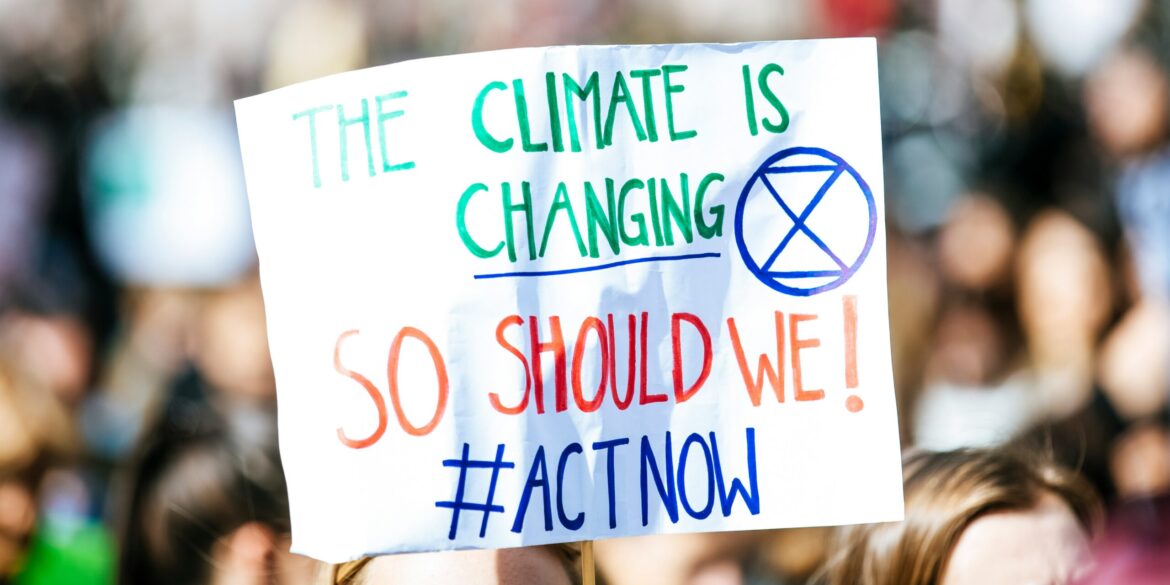In the current political climate, the most effective case for tackling climate change may not be framed in terms of morality or science but through economics. For many Americans, the monthly arrival of their utility bill is a far more pressing concern than the prospect of rising seas or melting glaciers. As a result, climate groups across the country have begun pivoting their messaging to emphasize energy affordability and financial stability rather than purely environmental outcomes. This shift in strategy is not simply tactical—it may be essential for building broad-based support in a polarized nation.
The traditional appeal to morality—protecting future generations—or to scientific urgency—slowing greenhouse gas emissions—has struggled to resonate with large segments of the American electorate. Instead, climate advocates are increasingly highlighting how clean energy adoption and efficiency upgrades can reduce household expenses, shield families from volatile fossil fuel prices, and deliver tangible financial relief. By reframing the conversation around immediate pocketbook benefits, proponents hope to turn climate action into a kitchen-table issue that resonates across political divides.
The argument is straightforward. Renewable energy sources such as solar and wind are not only cleaner but are also becoming consistently cheaper to generate than coal or gas. When paired with home improvements like better insulation, energy-efficient appliances, and modernized heating and cooling systems, the savings on monthly bills can be substantial. Unlike fossil fuels, which are subject to sudden spikes due to global conflicts or supply shortages, renewable energy offers stability. That predictability appeals to families weary of economic uncertainty.
Read Also: https://democratdigest.com/tariffs-as-economic-nationalism-boon-or-burden/
This framing may prove particularly effective in states where energy costs are disproportionately high. Households in parts of the Midwest and the South, for example, often spend a larger share of their income on electricity and gas compared with the national average. In those regions, clean energy policies are no longer abstract discussions about environmental stewardship—they are concrete measures that can ease financial strain. When climate action is presented as a tool for affordability, it gains traction not as a partisan agenda but as a form of economic relief.
Policymakers are already incorporating this framing into legislation. The Inflation Reduction Act, passed in 2022, was one of the most sweeping climate bills in U.S. history, yet much of its public messaging emphasized consumer tax credits, rebates for clean appliances, and incentives for electric vehicles. The law was pitched not just as a climate measure but as a cost-lowering program for households, underscoring how financial benefits can help secure political support for ambitious environmental action.
Still, critics warn that focusing too heavily on cost savings risks diluting the urgency of systemic transformation. They argue that treating climate action primarily as an economic relief measure could lead policymakers to prioritize short-term consumer benefits over long-term structural reforms. For example, subsidies for energy-efficient appliances may reduce emissions incrementally, but they do not replace the deeper need to overhaul transportation infrastructure or transition entire industries away from fossil fuels. Critics fear that this approach risks creating complacency, where incremental improvements are celebrated while broader systemic challenges remain unresolved.
Supporters counter that economic framing does not necessarily undermine ambition. Instead, it serves as a gateway to broader acceptance. By first securing public buy-in through financial incentives, advocates can create political momentum for deeper reforms. Once families see the immediate benefits of solar panels on their rooftops or electric vehicles in their driveways, they may become more willing to support larger-scale measures, such as renewable grid investments or carbon reduction mandates. In this sense, affordability is not the end goal but the first step toward sustained change.
The political stakes are high. Climate change has become a deeply polarizing issue in American politics, often dividing voters along partisan lines. However, surveys consistently show that Americans across the political spectrum support policies that reduce energy costs, promote U.S. energy independence, and create jobs in clean energy sectors. By emphasizing these points, climate advocates may be able to bridge ideological divides and broaden their coalition beyond traditional environmental supporters.
There is also an equity dimension to this approach. Low-income households and communities of color are disproportionately burdened by high energy costs, aging infrastructure, and pollution. Framing climate action as economic relief aligns with addressing these disparities, offering not only environmental benefits but also a pathway to reduce inequality. Programs that deliver clean, affordable energy to vulnerable communities can simultaneously advance justice and climate goals, further strengthening the moral case for change.
Ultimately, framing climate action as economic relief does not mean abandoning the scientific or moral imperatives. Rising global temperatures, extreme weather events, and biodiversity loss remain urgent challenges that demand attention. But in a political environment where climate skepticism is amplified and misinformation is widespread, connecting climate policy to everyday financial concerns may be the most persuasive way forward. The promise of lower bills, stable costs, and energy independence gives climate action a pragmatic appeal that resonates in households across America.
If climate advocates can successfully tie their message to affordability while maintaining a sense of urgency about the broader crisis, they may be able to build durable, bipartisan support for one of the defining challenges of our time. In that sense, economic framing is not a compromise—it may be the smartest path forward to securing the policies and commitments needed to confront climate change.

